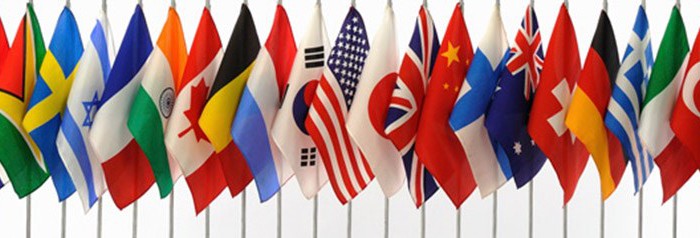The Australian Department of Immigration and Border Protection (DIBP) has clarified arrangements for part-time employment of Temporary Work (Skilled)(subclass 457) visa holders in Australia.
The DIBP has emphasised that subclass 457 visa program is designed to fill genuine labour shortages within the Australian labour market where it is not possible to source Australian employees. It is therefore intended that subclass 457 visa holders are employed on a full-time basis.
Is it possible to nominate a 457 visa holder on a part-time basis?
However, in limited circumstances it may be possible for a business to employ subclass 457 visa holders on a part-time basis. Part-time work arrangement may be approved in the following situations:
- Subclass 457 nomination criteria are met, including nominated earnings meeting the market salary rate and the salary threshold being met. (Please note that the DIBP has confirmed that pro-rata rates will not be considered when assessing meeting the salary threshold requirement, which is currently $53,900 per annum.)
- Part-time work may be approved where nominated earnings are a minimum of $250,000 per annum.
We also note that part-time positions cannot be approved for subclass 457 visa holders under a labour agreement. This is only possible through a standard business sponsorship.
Subclass 457 visa holders returning to work after maternity leave
It is possible that circumstances for a subclass 457 visa holder will change onshore, such as an employee taking maternity leave and wishing to return to work on a part-time basis. In this situation, it is possible for a subclass 457 visa holder to reduce their hours, however the following conditions must be met:
- The pro-rata hourly rate of the approved nominated salary of the subclass 457 visa holder cannot decrease and they must receive the market salary rate;
- The subclass 457 visa holder’s role and duties must remain consistent with the nominated occupation and position approved under the nomination;
- Reducing hours to part-time is mutually agreed upon by the sponsoring employer and the subclass 457 visa holder, (it is recommended that sponsors obtain a written agreement); and
- The subclass 457 visa holder is not employed under a labour agreement which does not allow for part-time positions.
If a subclass 457 visa holder’s salary is at least $250,000 per annum, it is also possible to reduce hours to part-time without an agreement in place.
However, it is generally considered inappropriate by the DIBP to reduce a subclass 457 visa holders hours to part-time. This would mean that their guaranteed annual earnings would decrease and sponsors must ensure that subclass 457 visa holders are provided with conditions no less favourable to their Australian counterparts.
For more information on applying for subclass 457 visas, please feel free to contact the author by email at rebecca@hartmanlawyers.com.au or by telephone on +61 3 9021 0986 or +61 (0)423 701 747.
Disclaimer:
The information on this website is intended only to provide a summary and general overview on relevant matters. It is not intended to be comprehensive nor does it constitute legal advice. You are advised to seek legal or other professional advice before acting or relying on any of the content contained in this website.




